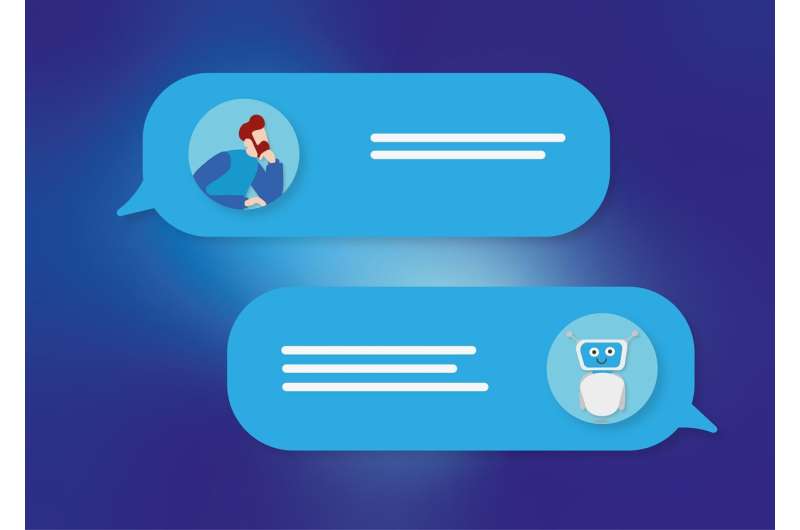Assessing AI Chatbot Reliability in the Rapidly Evolving Blood Cancer Domain

A recent study evaluates the accuracy of ChatGPT 3.5 in answering blood cancer-related questions, highlighting its potential and limitations in medical information dissemination. Physician oversight remains essential for safe use.
As patients increasingly seek medical guidance through artificial intelligence (AI) tools, understanding the accuracy and limitations of these technologies becomes essential—especially in complex fields like hematology-oncology. A recent study published in Future Science OA evaluates the performance of ChatGPT 3.5, an AI language model from OpenAI, in answering medical questions related to blood cancers. Conducted in July 2024 and reviewed by four hematology-oncology physicians, the research aimed to determine how well ChatGPT can serve as a reliable source of medical information.
The study found that ChatGPT 3.5 excelled with general questions, such as those related to common side effects of chemotherapy, but revealed notable gaps when addressing newer therapies and cutting-edge treatments. For example, it provided accurate information about cervical cancer prevention and survivorship but was less precise about recent drug developments like BCL-2 inhibitors, which are still under active research.
Researchers posed ten questions to the AI, a mix of broad and specific inquiries typical of patient concerns during treatment. Physicians graded responses on a scale from 1 to 5, with an average score of approximately 3.38 for general questions and 3.06 for questions about emerging therapies. Importantly, none of the answers received the highest rating, underscoring the need for clinical oversight when using AI-generated information.
Justin Taylor, M.D., the study’s senior author from the University of Miami Miller School of Medicine, emphasized that while AI tools can be valuable, patients should approach their answers with skepticism and verify critical information with healthcare professionals. As AI technology continues to evolve, it is unlikely to replace personalized clinical judgment but may serve as an aid for patients preparing questions for their doctors or for healthcare providers seeking quick reference points.
The study highlights the importance of physician oversight in vetting AI responses, especially considering that ChatGPT 3.5’s training data only extends to 2021, limiting its knowledge of the latest research. Despite this, Taylor notes a promising future where newer versions of these models could become more accurate, but the need for human expertise remains paramount.
At the same time, the integration of AI in medicine is advancing beyond patient queries. The University of Miami's Miller School of Medicine is implementing AI-driven initiatives such as tools to streamline clinical documentation, educational courses on AI ethics, and projects aimed at improving diagnosis and treatment predictions in various medical specialties. As the field grows, collaboration between AI developers and clinicians will be critical to ensure these tools support, rather than replace, the nuanced decision-making process integral to medicine.
Overall, while AI chatbots like ChatGPT show potential in disseminating medical information, their current limitations necessitate careful use and continuous validation by healthcare professionals. As the technology progresses, it may become a valuable resource for patient education and preliminary assessment, complementing the vital role of physicians in cancer care.
Stay Updated with Mia's Feed
Get the latest health & wellness insights delivered straight to your inbox.
Related Articles
New Hope in Lymphoma Treatment: Terbium-161 Radioimmunotherapy
Researchers at PSI have developed a targeted radioimmunotherapy using terbium-161 to effectively combat lymphoma, offering new hope for precise and effective treatment options.
High-Intensity Interval Training Increases Cocaine Aversion in Adolescent Lab Animals
Research demonstrates that high-intensity interval training can promote aversion to cocaine in adolescent rats, offering potential new strategies for addiction prevention through targeted exercise protocols.
Global Efforts to Strengthen Pandemic Prevention and Response: Key Points of the WHO Agreement
The WHO Pandemic Agreement aims to strengthen global preparedness, ensure equitable access to health products, and improve cooperation in pandemic response, learning from COVID-19 lessons.



